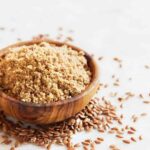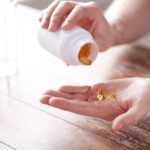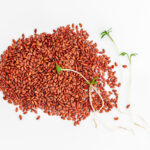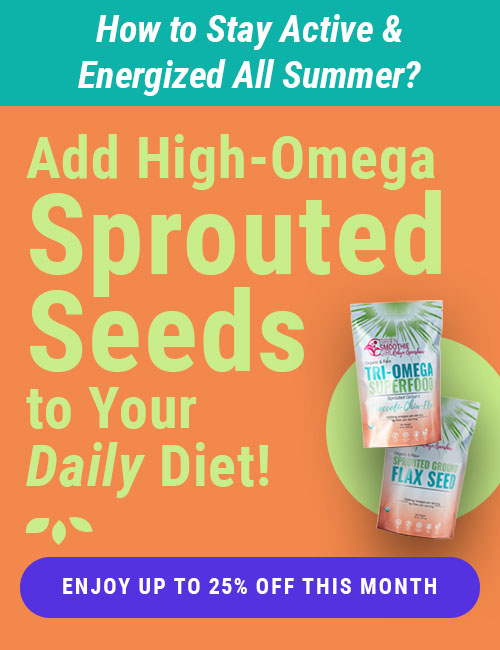Nutrition for pregnant moms, babies, toddlers: part 2 of 5
Breastfeeding versus formula is our topic today.
First of all let’s talk about how long to nurse your baby.
We’ve over-sexualized breasts in our culture. We’re squeamish about the use of breasts for feeding babies.
Cover it up, don’t let anyone know you do it, get your boobs back as fast as you can for their main purposes, and perish the thought that they LOOK like they nursed babies!
I’m not suggesting they aren’t sexual, okay? Nor that we should give up looking good. Not my point. Here’s what I’m saying.
Young moms, if your baby needs your breast milk for 6-9 months longer than most people do it, for her brain health, for her budding immune system, for her pancreas and liver to finish developing…..will you do it? Or is doing what everybody else does more important?
(Look how it’s working out for them. We’ve NEVER had so much degenerative and neurological and congenital disease, at young ages, in the history of the world.)
Your baby needs breast milk for 18 months. I nursed my last child till he was 21 months old. He was my healthiest child, never got sick, never has visited the doctor for illness, never has needed an antibiotic or any other drug.
But because I nursed him so long, one day he ran over to me when we were watching his sister’s soccer game. At nearly 2 years old, poked me in the chest with his finger, and yelled:
“Nurse you!”
(Yes, I was embarrassed. I am not a hippie. I do care what people think. However, I’m just not going to do the wrong thing for my child out of peer pressure. I was about done nursing anyway, and that embarrassing little incident pinkie-pushed me, pun intended, into quitting.)
But young mothers are not taught that the body does not produce and release digestive enzymes at birth. The infant body is programmed to receive human breast milk, which is rich in its own enzymes. Digestion of human breast milk is easy for an infant and a toddler. Part of the genius of each species is that the milk adapts and becomes precisely what the baby needs, at each stage of development.
What a tragedy, then, when we deny our babies this birthright. When companies like Enfamil and Similac convince mothers in the hospital, all over the world, including now in poor Latin nations, to take home a whole case of formula. (It’s free!) Formula manufacturers know if they get you before you leave the hospital, any milk they give your baby is milk your body then doesn’t produce, so you will not be able to give your baby a full supply of breast milk. Unless you’re very careful.
Plus your baby will become used to fake foods, instead of quickly developing a taste for human milk, making him that much less likely to reject formula later.
Of course, cooked baby formula, cooked and processed, has no enzymes, and this begins heavily taxing the infant body and causing it to produce mucous. Not to mention you’re fighting the antibiotics and steroids fed the cow, and the terrible food supply of GMO corn and soy products.
A buildup of mucous creates an acidic climate to invite infections, both bacterial and viral. Breastfed babies get sick far less than formula-fed babies. Everyone knows this. But I’ve just described one of the reasons why.
So you can’t nurse. Or you’ve adopted. Or you want to wean the baby. What do you wean her onto?
My friend Dr. Ritamarie Lozcalzo was an adoptive mother to two children who are now young adults. She is a raw vegan and nutrition expert and a prominent internet personality. She developed a high-nutrition, raw baby formula using nut milk, vegetable juices, and some specific supplements that include the right fats babies need. I’m always sending young moms to her, but you can get her formula recipe here if exclusive breast feeding is not an option.
If you won’t make your own formula, I would look for an ORGANIC goat-milk formula. If you can’t find that, an ORGANIC dairy formula. Soy formula would be my last choice.
I personally weaned my babies, once I learned not to use cow milk and baby formula, onto whole, raw goat milk.
Your instant reaction is to fear the word “RAW.” Doesn’t pasteurization of milk kill all the bad bacteria that might hurt your baby?
Yes. And no.
It kills the bacteria. There can be some bad bacteria in milk. There’s bad bacteria in your body right now—some really deadly stuff, actually. It’s in a teeming metropolis of bacteria, actually. Think of it as the Manhattan of living organisms, what’s going on in your gut, tissues, and bloodstream as you read this.
There are pathogens there. Molds. Fungus, bacteria, cancer. Not only now, but 10 years ago too. And 10 years from now.
But even organisms you think of as “bad” play an important role, often. It’s not fully understood, but I did a fascinating recorded call with Dr. Jack Tips, PhD, N.D., recently, for the Detox program I’ve been developing for over a year. He discussed how even bad bacteria play good roles. Even candida. The thriving metropolis has an intelligence that is crippled and devastated with the atom-bomb approach of antibiotics.
And when you pasteurize the milk, you also kill all the GOOD bacteria. You kill everybody and everything, machine-gun style. You kill all the enzymes that make the raw food easy to digest.
So killing stuff isn’t the answer.
Establishing, nurturing, and maintaining a healthy environment in your body, where GOOD bacteria flourish, and bad bacteria are managed and controlled, never making you sick, is the answer.
Eating foods that are organic, and living, and whole, is the main answer.
So like I said, I weaned my babies onto raw goat’s milk. You have to go out of your way to find it. The dairy industry has a chokehold on the FDA. Dairy spends $50 million a year in propaganda (read: advertising) to convince us we must drink and eat lots of dairy products to be healthy. One of their tactics is to drive out competition. So you can’t buy unpasteurized goat milk as “food.” You can ask around, at health food stores and with people who have been studying nutrition for years, and find the little goat dairies.
They will sell it to you—for other purposes, not food. (What YOU do with it is up to you.)
My four children drank it for many, many years, without incident. Before I began using it, I studied it, and discovered that no one in the Western United States had registered any complaint, about any goat-milk problem, in the previous 10 years.
(The same cannot be said about cow-milk dairies.)
I also learned to make yogurt out of raw goat milk. Later, I learned to make an even better food: KEFIR. It not only supports healthy flora in the gut, it can re-establish it, build it from the ground up. It does not require heating the milk. It’s very easy and simple, and costs next-to-nothing, as the live kefir grains are infinitely re-useable.
Learn about kefir HERE. It’s a vastly superior food to the raw milk itself, because the culturing (or fermenting) process breaks down the proteins in the milk to be essentially “pre-digested.” Goat milk is not mucous forming for humans. Neither is goat-milk kefir or yogurt.
Tomorrow, what do I wean my baby onto, besides raw goat milk? We discuss a progression of foods to introduce.
Posted in: Health Concerns, Relationships, Whole Food













